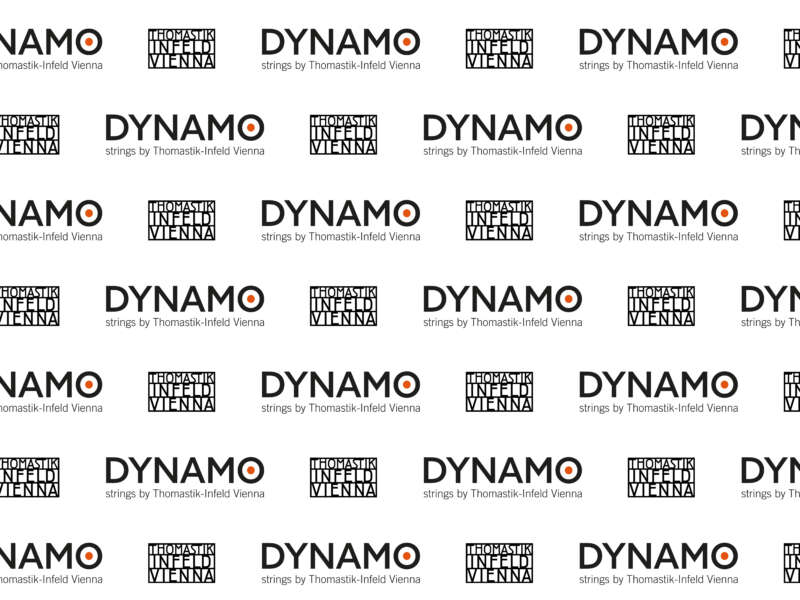Apple Music Fined $1.8 Billion by the European Union for Hindering Competition
Apple has allegedly prevented its app developers from telling customers that there was an additional fee incurred when they purchased subscriptions to competitors' apps through the iOS App Store
The European Union has hit Apple with a fine of €1.8 billion after the company violated the bloc's antitrust laws by distorting its customers' view of its music streaming competitors.
According to the press release, subscriptions to services such as Spotify incur an extra fee of 30% when users pay through apps downloaded from the iOS App Store. The EU states that Apple prevented app developers from making it clear to users that a cheaper subscription option was open to them if they chose not to pay through iOS apps.
The investigation also noted that companies like Spotify were also unable to put links in their apps to pay for alternative subscriptions — or email their users to tell them about other pricing options.
According to the report, more than 20% of consumers would have opted to spend their money on Spotify Premium instead of Apple Music, were it not for the restrictions.
"This is illegal," said Margrethe Vestager, the EU’s competition commissioner, at a news conference in Brussels. "And it has impacted millions of European consumers who were not able to make a free choice as to where, how and at what price to buy music streaming subscriptions."
Apple disputed the ruling and vowed to appeal it in a statement.
"The decision was reached despite the Commission’s failure to uncover any credible evidence of consumer harm, and ignores the realities of a market that is thriving, competitive, and growing fast," Apple writes. "Ironically, in the name of competition, today’s decision just cements the dominant position of a successful European company that is the digital music market’s runaway leader."
"This decision sends a powerful message — no company, not even a monopoly like Apple, can wield power abusively to control how other companies interact with their customers," wrote Spotify in a blog post.
may 2024
june 2024































